By Bob Hicks
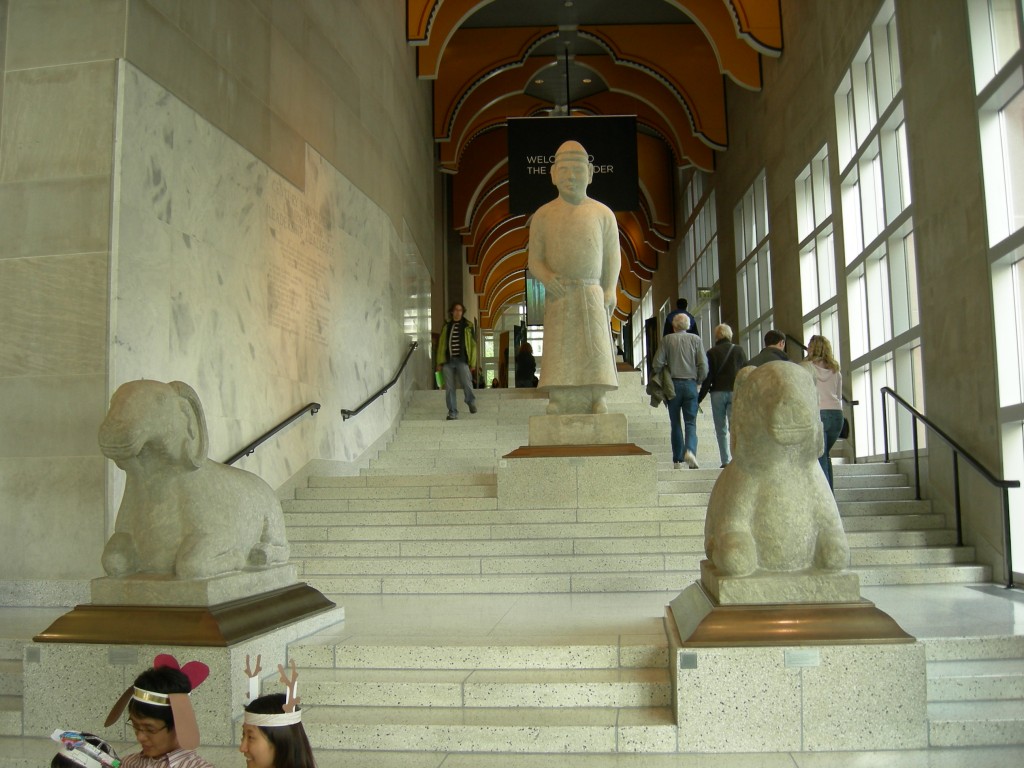
The Wall Street cowboys keep whoopin’ it up with other people’s money, the Dow dips and rises like a desperate trout on a line, the economists crunch numbers and announce happily that the recession’s over.
And in the real world, people brace for the worst. Jobs disappear. People take pay cuts and thank their lucky stars they didn’t get pink-slipped. Workers go on unpaid furloughs but keep the same old workloads. Basic benefits get deep-sixed. People simply drop out of the job market.
The state of Oregon trembles at the prospect of a half-billion-dollar shortage — a budget hole that will mean extraordinary cuts that are bound to include deep whacks in state cultural spending. This year’s crisis could make last year’s $1.8 million raid on the Oregon Cultural Trust seem like a mild practical joke. We ain’t seen nothin’ yet. Doors will shut.
Up north, they’re starting to swing already. In a bold and risky move, the Seattle Art Museum has announced that it will shut down most of its operations for two weeks early next year in a bid to cut costs enough to balance the budget. Janet I. Tu has the story in the Seattle Times. The cuts will also include a seven percent reduction in staffing and hefty salary cuts for top administrators.
“We are taking steps to remedy a tough situation,” said museum director Derrick Cartwright, who plans to take at least a fifteen percent salary cut. “I hope it will not impact the public.”
It will, of course. People will show up during those two weeks and the doors will be locked. Some people will be confused or disturbed or angry. Others will shrug their shoulders and possibly never show up again.
SAM and other major regional museums hold special roles in their communities. Even more than a symphony or opera or ballet or theater company, all of which routinely take breaks between performances, an art museum is looked on as a bulwark of reliability and stability. It’s expected to be open, except on Mondays. Only shutting down or curtailing a public library or a public school system — realities that more and more communities face — has a greater potential impact on a city’s sense of its cultural self.
On the other hand: When times are lean, what can you do but take extraordinary steps? SAM’s move is a calculated gamble. It’s more than budget-balancing, it’s shock therapy. Will potential donors see the move as tough, hard-headed pragmatism, or will they see an organization in trouble and tiptoe away? Obviously SAM is counting on the former: People will see an organization willing to make tough but necessary decisions and will want to put their money on the group that willingly faces reality. SAM could end up a “winner” in the increasingly difficult nonprofit funding race — but at what cost?
What do you think? Is this a smart move? How will it turn out? What can other cultural organizations learn from it, and is Seattle’s situation a harbinger of things to come in Portland? Let’s get the ideas rolling. Comments, please.
*
PHOTO: The “Art Ladder”, the main staircase of the original Robert Venturi portion of the Seattle Art Museum. The visible statues are Chinese funerary statues: two rams and a civilian guardian. May 5, 2007. Photo by Joe Mabel/Wikimedia Commons.
 I
I 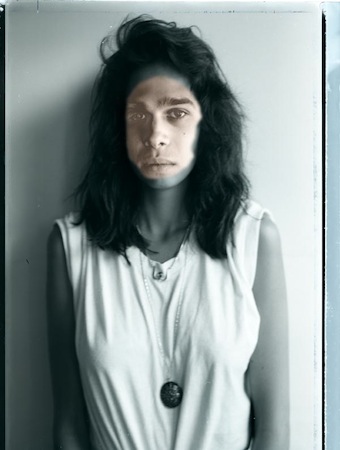 One draw: A big-screen version of Warhol’s infamous 1964 film
One draw: A big-screen version of Warhol’s infamous 1964 film  Trends and counter-trends popped up. Former NBA center Chris Dudley beat Alvin Alley and John Lim in the GOP race for the governorship nomination, and former governor John Kitzhaber waxed former secretary of state Bill Bradbury for the Demo nod. The lesson: being tall is a game-winner for Republicans, but not Democrats. Trend confirmed: Earl Blumenauer and Ron Wyden would have to be caught canoodling with drunken donkeys on reality TV to lose an election in Oregon.
Trends and counter-trends popped up. Former NBA center Chris Dudley beat Alvin Alley and John Lim in the GOP race for the governorship nomination, and former governor John Kitzhaber waxed former secretary of state Bill Bradbury for the Demo nod. The lesson: being tall is a game-winner for Republicans, but not Democrats. Trend confirmed: Earl Blumenauer and Ron Wyden would have to be caught canoodling with drunken donkeys on reality TV to lose an election in Oregon.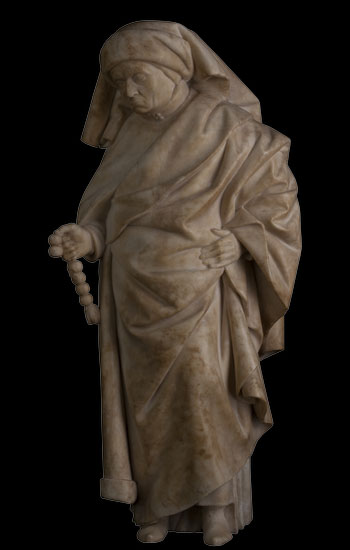 Johnson’s report caught my eye first for the gorgeous photo that the Times ran and then for the story’s mention that the tour was organized under the wing of
Johnson’s report caught my eye first for the gorgeous photo that the Times ran and then for the story’s mention that the tour was organized under the wing of 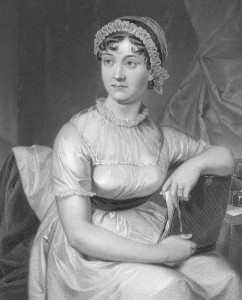 Both works, as the
Both works, as the  Austen’s comedies may be the most precise and practical romances ever written. Obsessed with the often foolishly claustrophobic concerns of a narrow slice of self-satisfied society, they’re also worldly. Within the confines of that small society she discovers a measured universe of human possibility, from the perfidious to the noble. And she does it with one of the slyest, keenest raised eyebrows in all of literature.
Austen’s comedies may be the most precise and practical romances ever written. Obsessed with the often foolishly claustrophobic concerns of a narrow slice of self-satisfied society, they’re also worldly. Within the confines of that small society she discovers a measured universe of human possibility, from the perfidious to the noble. And she does it with one of the slyest, keenest raised eyebrows in all of literature.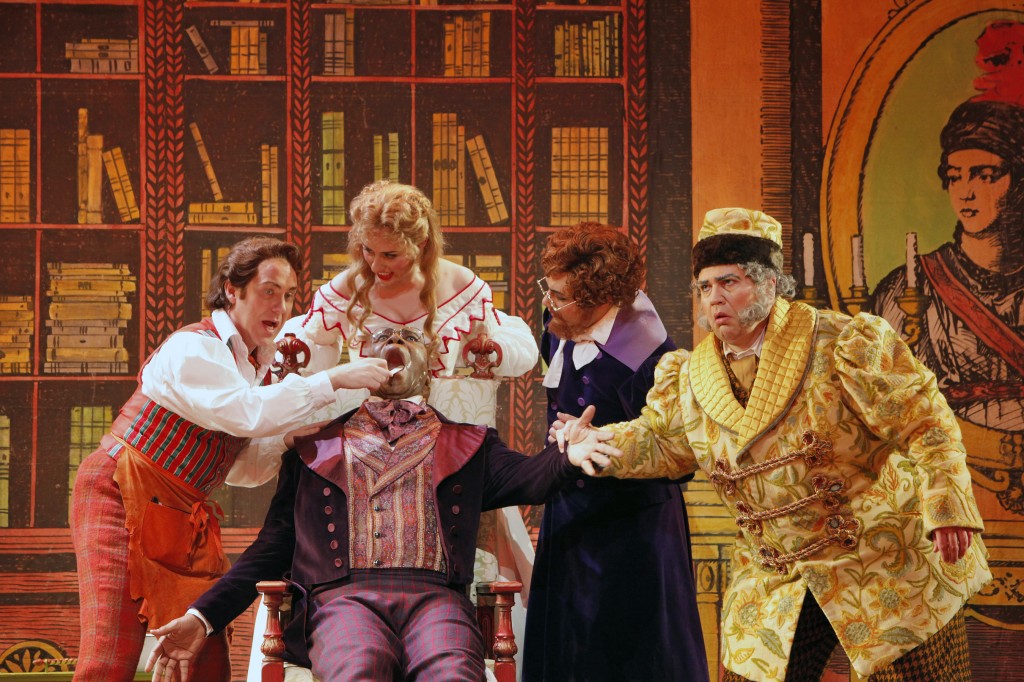
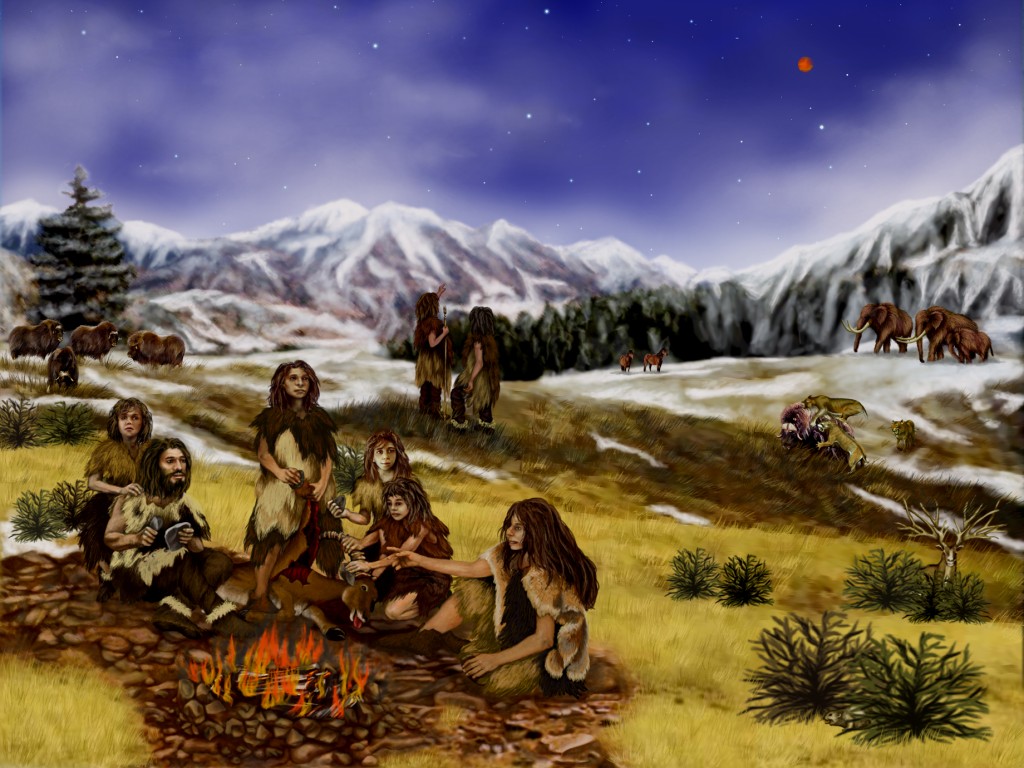
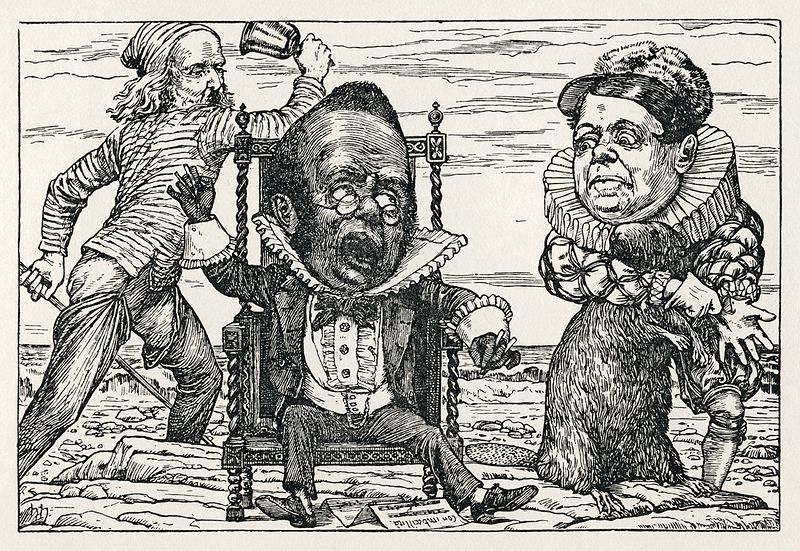
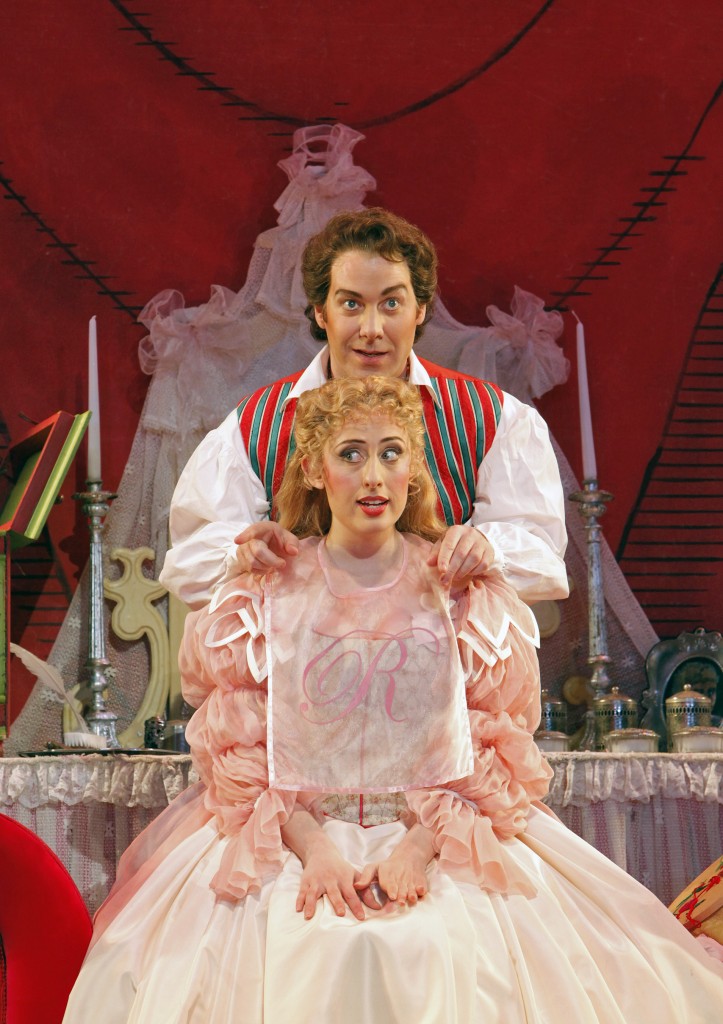 This four-hand feat, by the way, will come just before Mrs. Scatter’s departure on her own quest, this one to far London town on the trail of Tates
This four-hand feat, by the way, will come just before Mrs. Scatter’s departure on her own quest, this one to far London town on the trail of Tates 
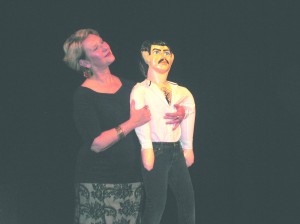 Howard is one of the founders of the story theater, and so it was fitting that his hour-long piece, The Adventures of Huckleberry Horowitz, kicked the festival off. Most everyone knows the mystical power of chicken soup, and most understand the pull of ritual and tradition in that thing we loosely call religion, so Howard’s audience, maybe 65 or 70 strong, rippled into laughter: the easy, familiar kind, the kind that says, “Yeah, we know what you mean.”
Howard is one of the founders of the story theater, and so it was fitting that his hour-long piece, The Adventures of Huckleberry Horowitz, kicked the festival off. Most everyone knows the mystical power of chicken soup, and most understand the pull of ritual and tradition in that thing we loosely call religion, so Howard’s audience, maybe 65 or 70 strong, rippled into laughter: the easy, familiar kind, the kind that says, “Yeah, we know what you mean.”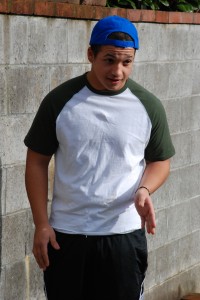
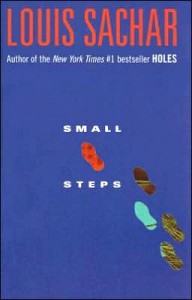 I am more than a little envious that he got this assignment. I’m the one who’s had my eye on this show for months. I’m the one who
I am more than a little envious that he got this assignment. I’m the one who’s had my eye on this show for months. I’m the one who 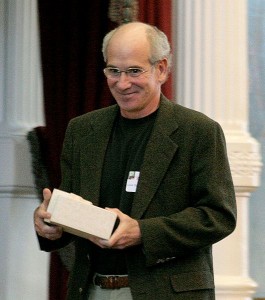 “Excuse me?” I said. “You got to meet him?”
“Excuse me?” I said. “You got to meet him?”